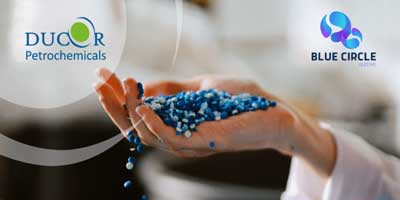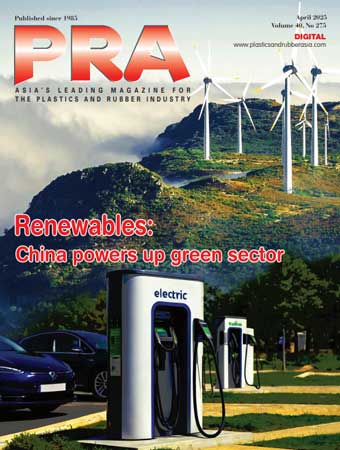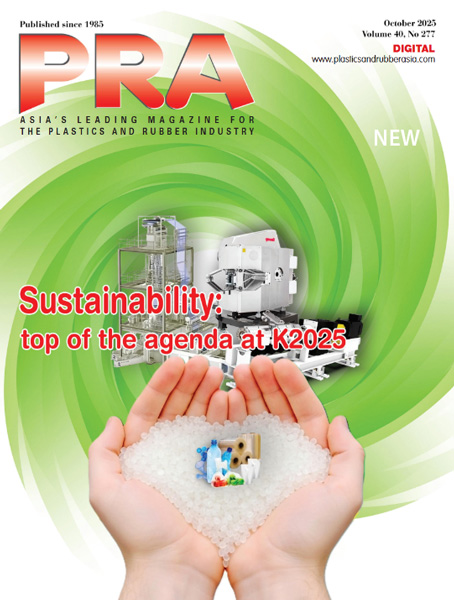Green news: Ducor/Blue Circle Olefins to market bio-PP/rPP; Gaia Biomaterials sets up US supply hub for microplastic-free material

PP producer Ducor Petrochemicals and Blue Circle Olefins have signed an agreement with the aim to produce and comarket segregated bio-polypropylene (PP) and carbon recycled PP.The aim is to serve the increasing market demand for bio-based and carbon recycled polypropylene for demanding market segments such as healthcare, life-science, automotive parts, electrical appliances, packaging materials, engineering products and household items.
Ralph Koekkoek, CEO Blue Circle Olefins, comments: “The partnership with Ducor marks an important milestone for the development of our MTO project. Jointly we can offer our clients a broad range of polypropylene grades that can be tailored to the customer needs and produced with recycled or 100% bio-based propylene. It is a strong showcase for our ambition to supply the chemical industry with 100% circular olefins.”
Hanno Schouten, CEO of Ducor Petrochemicals, added, “The unique setup of the Blue Circle Olefins MTO project in combination with our flexible, customer-focused production assets, will allow us to supply the next generation tailor-made, sustainable polypropylene products to our partners. This agreement underscores our unwavering commitment to Europe. Together with Blue Circle Olefins we are developing the entire value chain, enabling our customers a smooth transition towards 100% circular polypropylene in 2030!”
Ducor Petrochemicals specialises in the production of more sustainable PP products solutions for various applications, including healthcare, life-science, automotive parts, electrical appliances, packaging materials, engineering products and household items.
Blue Circle Olefins is a scale-up that is developing a 200 kilotonne Methanol to Olefins (MTO) production facility in Rotterdam, the Netherlands. By 2030 the plant will convert green methanol, produced from mixed plastic waste or agricultural and forestry residues, into respectively carbon recycled and biobased ethylene and propylene.
In other news, with the demand for the compostable, microplastic-free material Biodolomer rapidly growing in the US, Swedish producer Gaia Biomaterials and its distributor Mitsubishi International Corporation have established a supply hub in Los Angeles, enabling fast nationwide deliveries via rail.

Microplastics have recently become a national talking point in the U.S. Public concern about potential health risks has pushed the issue into the political arena, where lawmakers are now proposing new studies, bipartisan bills, and state-level bans.
“People are realising that all conventional plastics eventually turn into microplastics — simply through use,” says Peter Stenström CEO of Gaia Biomaterials. “That has led to a surge in demand for true alternatives such as our limestone-based Biodolomer, which is fully compostable according to US standards and does not generate microplastics.”
The material is already used in a wide range of everyday products — from drinking straws and grocery bags to beer cups.
“We’ve supplied Biodolomer to the US market for several years, but interest is now booming,” Stenström continues. “By setting up this new supply hub together with Mitsubishi International Corporation, we can shorten lead times and make it easier for American customers to get access to a compostable, microplastic-free material.”
Located in Los Angeles with direct access to the national railroad network, the new hub will allow Gaia to serve customers more quickly and flexibly.
(PRA)SUBSCRIBE to Get the Latest Updates from PRA Click Here»











